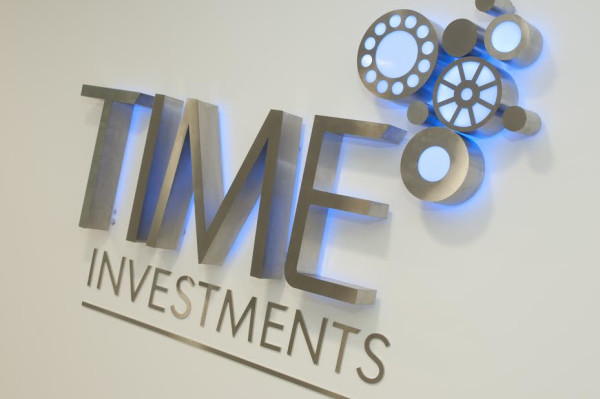

TIME Investments managing director Nigel Ashfield discusses a new type of commercial property fund that goes off the beaten track to offer inflation-protected income with lower levels of risk
Financial Adviser: What was the genesis of the TIME:Commercial Freehold fund? How does it fit in with the highly successful TIME:Freehold fund?
Nigel Ashfield: The TIME:Freehold fund, which has a strong track record over 23 years, initially as part of Close Brothers before I extracted the business and set up TIME Investments, is based on investing in ground rents in the residential space. In essence, we buy freehold property with long leasehold tenants and on average those tenants will pay us £128 a year in ground rent. The result of 65,000 tenants paying us that regular amount is a very secure income stream that is very unlikely to be defaulted on. It is also liquid and open to trade every month. The strategy has proved popular but it is very hard to find sufficient investments in that space so we set about trying to replicate that long-term income stream from commercial property, which is in abundance in the UK. The result was the TIME:Commercial Freehold fund, which launched in June 2014.
FA: What does the fund invest in and how does it differ from other commercial property funds?
NA: This fund acquires freeholds where there is an underlying tenant with a long lease. Traditionally in the UK, commercial property funds invest in freeholds with leases of less than 10 years. Conversely, our weighted average lease term is around 100 years, which makes it more secure and stable on a long-term basis.
With those longer leases, particularly those of more than 100 years, what you are effectively getting is a ground rent where it is very difficult to envisage the tenant ever not paying it. Indeed, because of the overcollateralisation of the freehold value where the tenant’s leasehold value is worth a lot more than the freehold value, they are very unlikely to default and, if they did, the senior debt provider is likely to step in and pay it as it is in their interest to retain the security over the leasehold. It provides us with a scalable way of being able to offer similar characteristics to our residential freehold vehicle, with a target income stream of around 4 per cent and the potential for capital growth over the long term.
FA: How important is diversification in a fund like this? Is it the quality of the freehold that matters or the sector or business itself?




